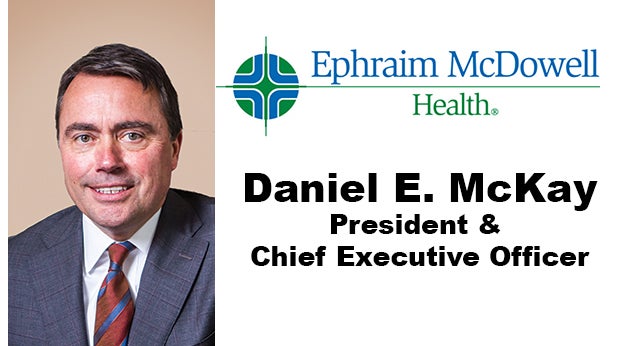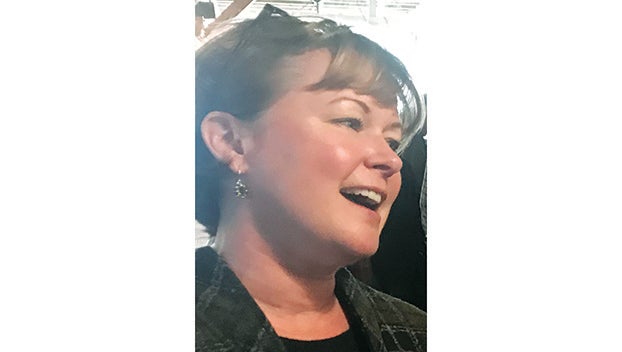Syringe exchange support stronger in central Kentucky
Published 5:23 pm Tuesday, November 5, 2019
EDITORIAL
The Advocate-Messenger
Central Kentucky stands out from the rest of the state in its strong support for syringe exchange programs, according to a new region-by-region breakdown of the most recent Kentucky Health Issues Poll (KHIP).
The KHIP telephone survey has been conducted annually since 2008, in order to “measure Kentucky adults’ opinions about a variety of current health topics.”
KHIP’s 2018 statewide results were already released earlier, but this fall it released region-specific results for five Kentucky regions: eastern Kentucky (46 counties), greater Lexington (17 counties), greater Louisville (seven counties), northern Kentucky (eight counties) and western Kentucky (42 counties).
Boyle County is part of the greater Lexington region. Results here mirrored statewide results in many areas, but there were some differences as well — most notably the difference in support for syringe exchanges.
While barely less than half — 49% — of people statewide favor the exchange programs, 57% of those polled in our region were in support. Statewide, 40% were opposed, while only 35% were opposed in this region.
That increased support may have to do with the near-ubiquity of syringe exchange programs in our region. Out of the 17 counties, only two — Anderson and Nicholas — don’t have an operating exchange program.
We can’t speak to how syringe exchange programs were introduced and approved in the other counties, but here in Boyle, officials worked hard to explain the facts about what an exchange can accomplish.
For those still unfamiliar, a syringe exchange program allows injection drug users to bring in dirty needles they have used and receive clean ones in return. The idea often sets off alarm bells for those who still view drug use as more of a criminal activity than a health problem.
But once the impacts are laid out clearly, even those who think drug use should be treated as a crime can often get on board. Exchanges prevent drug users from spreading infectious diseases such as HIV or hepatitis C; the costs of caring for those diseases often fall back on the public or local hospitals. Exchanges also keep dirty needles off the streets, which protects law enforcement officers from potential infection if they are pricked. And exchanges provide educational materials and can connect drug users to pathways out of their addiction problem.
The end result is less expensive medical care, safer police officers and, eventually, less crime when those drug users decide to seek help.
Other differences between statewide results and the greater Lexington region include:
- A higher percentage (32%) in this region reported they had delayed getting needed dental care in the last year than statewide (26%).
- Support for a statewide smoking ban in public places continues to be strong statewide (66%) and even stronger in this region (70%).
- More respondents in this region (24%) reported having family or friends who experienced problems from heroin use than statewide (20%); but fewer (17%) reported the same for methamphetamine than statewide (22%).






